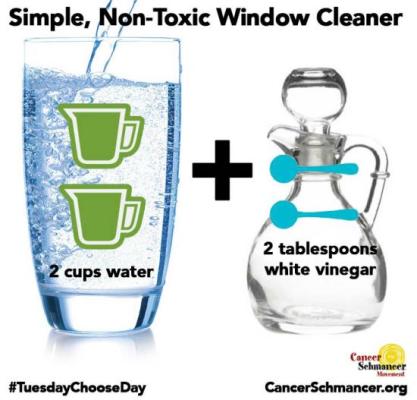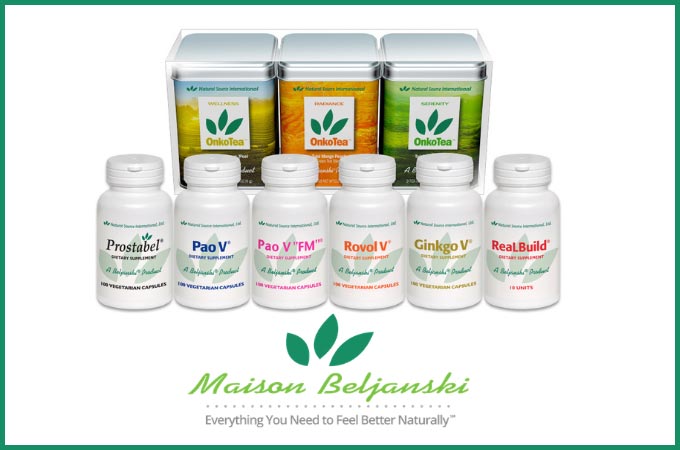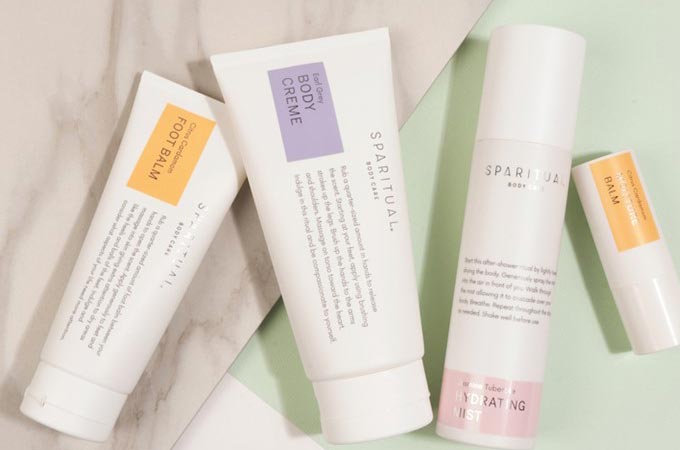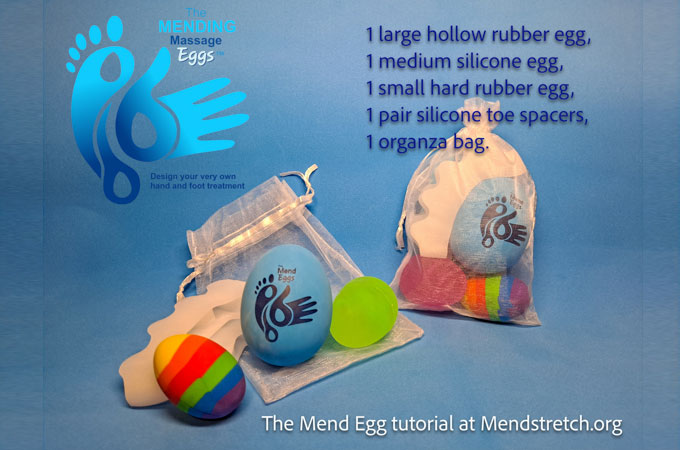10 Ways to Use Vinegar in the Home
The owners of the first apartment that I rented when I moved from the UK (via Tokyo) to the West Coast insisted that I use a vinegar and water solution for cleaning the hardwood floors. I have been a convert ever since, creating homemade concoctions and gradually expanding their uses over the years.
What’s so great about vinegar? It contains acetic acid and is typically made from grapes, fermented apples, barely malt, or corn that has undergone fermentation (think of it as what happens when wine goes wrong). It’s vinegar’s acetic property that lends it to cleaning. It’s also cheap, non-toxic, and proven to be antibacterial; I use it to clean pretty much all of the house. For some chores I apply straight vinegar, for other I make my own simple solution from a bulk bottle of distilled vinegar, also known as white vinegar and available at any supermarket (you can read about my mix in the post, Move Over Mrs Meyer). Ready to join me? Here are 10 ways to use vinegar that will leave your house squeaky clean.
1. Hardwood Floor Cleaner: Mix 1/2 cup white vinegar with 1 gallon warm water and use to wash your floors. The key here is to make sure the floors do not get too wet, otherwise the wood will warp over time. N.B.: This is not for floors with a waxed finish as the vinegar will erode the wax.
2. Kitchen and Bathroom Surface Cleaner: I make a mix of 1/2 cup of distilled vinegar to 1 cup of water, although you can make it stronger if you like. The smell of vinegar quickly dissipates, but if you prefer a scent, you can add a dash of essential oil, like lemon or lavender. N.B.: For marble and other stone surfaces, you should avoid vinegar—the acid can ruin the surface.
3. Kitchen Degreaser: For general splatters and oven and vent grease, use a brush or sponge with undiluted distilled vinegar. If needed, you can add a little bit of strained lemon juice to help cut the grease.
4. Glassware and Ceramics Cleaner: If you find your glassware clouding over time (or, in my case, white mugs stained with tea rings), clean them with a cloth soaked with undiluted vinegar and then rinse with water.
5. Dishwasher Rinse. Most dishwashers offer a dispenser for adding dishwashing rinse (think of it as dishwashing conditioner). I have a feeling most people don’t bother with the rinse (well, I don't), but every once in a while I do fill the rinse aid dispenser with undiluted vinegar; it gets rid of any mineral deposits or buildup on the glassware and dishes, and just seems to add an extra sparkle. (I would avoid this with silverware as it may tarnish). You can do the same with a washing machine.
6. Bath Ring and Shower Grime Remover: Use undiluted vinegar with a scrub brush and cloth, then rinse clean with water.
7. Drain Cleaner: Forget Drano, If you're looking to unclog your drains—or just keep them clean—make a solution of baking soda and vinegar. Pour 1 cup of baking soda down the drain, followed by 1 cup of hot distilled vinegar (boil it just like water). Leave for 30 minutes then flush with hot water.
8. Window Cleaner: I used to use a simple vinegar-water solution to clean windows, until I spotted this great mix from Gardenista’s Erin Boyle that steps up the sparkle factor with the addition of lemon juice and cornstarch. Erin mixes the juice from half a lemon, 1/2 cup white vinegar, 1 tablespoon cornstarch, and 1/2 cup water, and she uses crumpled newspapers to wipe off the solution. For more details, read her Secret Ingredient to Streak Free Windows.
9. Odor Remover: A bowl of vinegar placed in a room for a couple of hours will get rid of any unpleasant smell.
10. Ant Control: I never encountered an ant problem until I moved to Northern California—they seem to love it here. One year, in desperation, I eradicated the ants by sealing up every entrance to the back of our house with masking tape (it was a little like a Christo installation and meant no one could get to the garden). Only later did I learn that vinegar is equally effective and much less of an undertaking. Wherever the ants are trekking, spray the trail—I use my diluted mix. If you know where they're entering from the outside or the basement, spray there, too. It typically takes a few days of spraying, but once you manage to disrupt a trail, they typically vanish.
Last word: For the naysayers who worry about vinegar's odor, not only does it dissipate quickly, but it's likely far better for you to whiff than what's in most commercial cleaners.

























